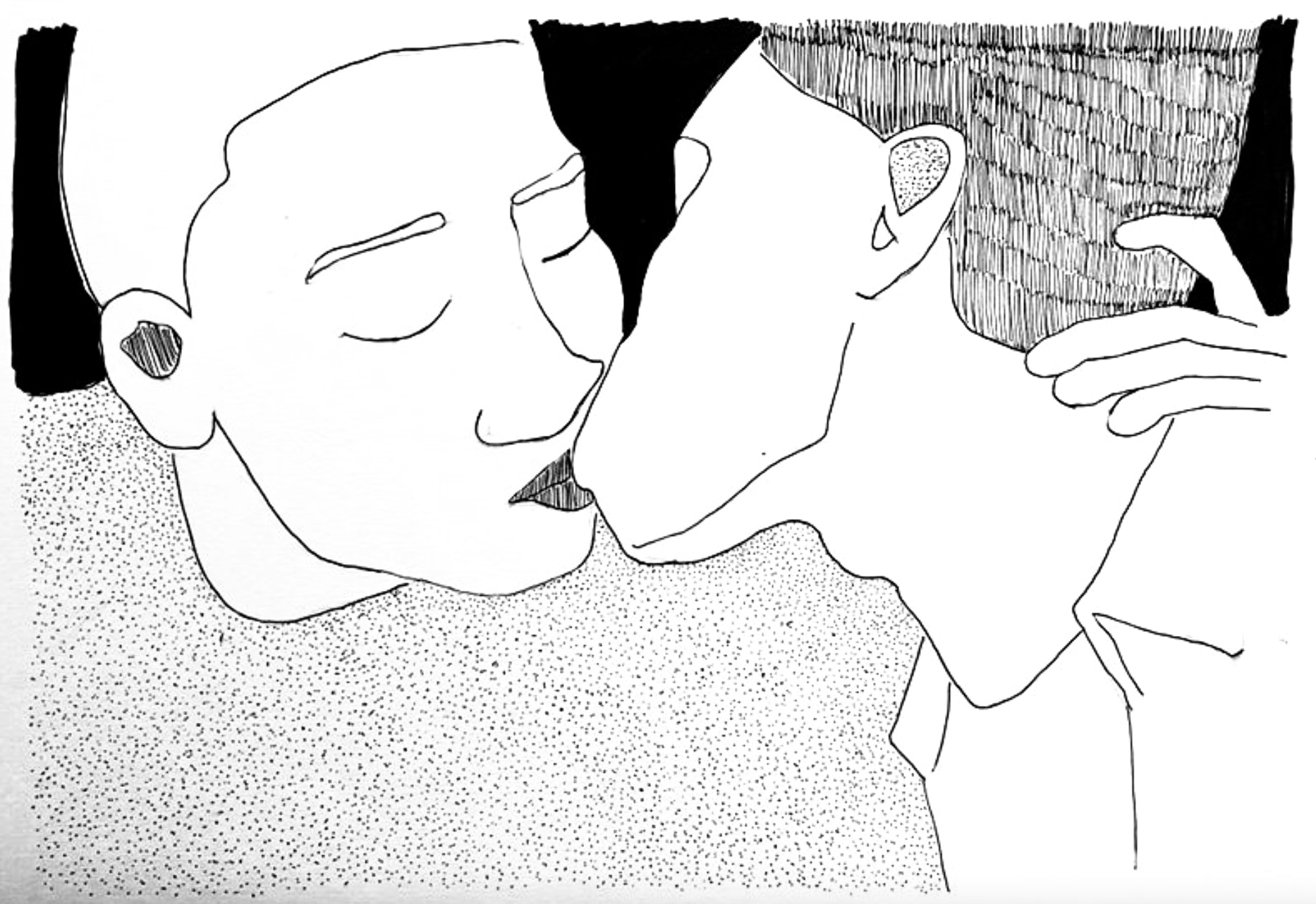The title of that Oscar-worthy Justin Timberlake and Mila Kunis crossover, Friends With Benefits, has morphed to encompass a phrase much more culturally relevant than the plot of an early 2000s rom-com. More and more, we find ourselves in a cesspit of relationships with loosening definitions and labels, situationships, and flirtationships that serve to confuse more than comfort as we all grapple with what it means to be dating in the 21st century. And from these increasingly convoluted relationship prefixes those iconic three words were born: Friends with Benefits. Can it ever really work? Where is the line between friendship and a relationship? How and why do they end?
“The key here is vulnerability and trust; maybe you trust this person enough to engage in physical intimacy, but what differentiates it from a relationship is the emotional intimacy that comes with being committed to just one physical partner?”
It would be apt to begin by defining those three unholy words, if only the issue of definition is what seems to make this particular variety of relationship so doomed to fail. My understanding would be someone that you get along with platonically and aren’t physically unattracted to, whom you trust enough to engage in casual sex with, without fear of hurting one anothers’ feelings or catching the dreaded “feels”. The key here is vulnerability and trust; maybe you trust this person enough to engage in physical intimacy, but what differentiates it from a relationship is the emotional intimacy that comes with being committed to just one physical partner? It means a text here and there, maybe you can rely on them on a night out – but there is no commitment and you can both see other people which is an ideal scenario for someone tired of casual hookup culture (especially in the current public health situation). It has to be a straightforward deal: you are friends who have sex.
But is it that simple to define? On paper it should be a simple combination of friendship and sex. In practice, and from personal experience, it’s easy for both parties to claim that they don’t have feelings for one another until one falls in love and gets their heart broken, whilst the other still doesn’t want a relationship and (technically) has done nothing wrong. The aforementioned straightforward deal doesn’t account for the unpredictability of human experience and the nuances of relationships that are constantly shifting and altering day in and day out.
The vaguely successful endeavours I’ve heard of are few and far between. All have defined boundaries. Do you go on dates? Is grabbing a coffee with them a date or just two friends hanging out? And how do you know when to tap out to avoid hurting yourself or someone else? Regardless, if this person is your friend you will care for them and God knows the line between platonic friends and romantic prospects can get blurred at the best of times, never mind when you involve physical intimacy. I think that the pressure of boundary setting and “feels” monitoring takes away from the entire point of this relationship – an easy hookup with someone whose company you also happen to enjoy. It can easily cross the bridge into the territory of feigned coolness and Instagram stalking and almost inevitable heartbreak.
I continued my research for this article (aside from somehow ending up in my fair share of situationships) on the (ever scientifically sound) Instagram poll, where I asked the people an age-old question: Can friends with benefits ever really work? The results were no surprise, with an overwhelming majority voting for a hard no. One doesn’t need to be too taxed to think of at least one friend who wound up on your couch chugging a bottle of wine and lamenting something they swore was going to work: “It’s just sex, I swear!”
“The majority of hopeful yes voters were men. Is that because men are less susceptible to catching feels, or just less reluctant to admit it?”
The gender divide in the results was stark. The majority of hopeful yes voters were men. Is that because men are less susceptible to catching feels, or just less reluctant to admit it? Perhaps they think they have gotten away unscathed from this cultural phenomenon because they want to believe that they have. I’ve asked a couple of my male friends and what I can gauge is that men seem to sometimes prefer friends with benefits because it attempts to cut out the emotional side of relationships that patriarchal constraints on male displays of vulnerability can often make more difficult. You wouldn’t necessarily go to your friend with benefits to cry on their shoulder after a tough day at work or seek emotional comfort from them, so it is entirely possible that this male/female divide is because this particular situationship avoids that subconscious discomfort around expressing emotion and being vulnerable with a sexual partner.
I know that it can’t all be bad and there are some success stories out there, but it seems to me that friends with benefits creates more issues than it solves. At the very least, you’ll probably lose whatever friend you have embarked with on this quest and at the very most you will be in a relationship without the label. I think it is problematic that it’s as though you are using this person as a buffer, whilst you hold out hope for someone better. Although this is a consensual and symbiotic agreement, the use of someone you care about, albeit platonically, doesn’t sit right with me. Having said that, every relationship is different and belongs to the people involved in it. If you have managed to make friends with benefits work for you, more power to you. I, however, remain firmly of the belief that we should stop calling it friends with benefits and switch to something a little more realistic – friends with detriments, perhaps?






